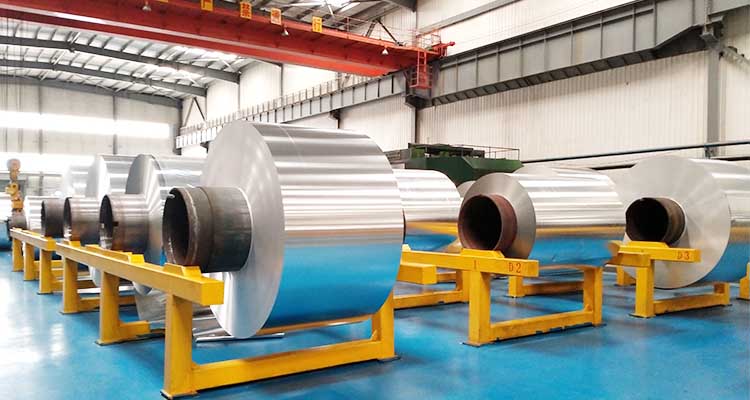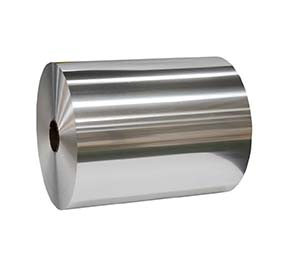Alu foil is a really common item that can be found in every kitchen. But if we use it to package food or medicine, will it be harmful to health? What must we remember? What happens to our bodies when we eat aluminum with food?
Aluminum foil itself has no harm to our body. Aluminum is by our side: we take it every day. As the third largest element in the crust, it also makes its way into food crops and our drinking water supply - which is why it's a natural ingredient in many of the foods we eat, such as tea, salads or chocolate.
Product Details
| ALLOY | 8011 |
| Temper | O |
| Thickness | 0.008mm-0.025mm |
| Width | Customized |
| Surface | One sides bright, one side matt |
| Packaging | Free Fumigated Wooden Box |
Alu foil not only needs to be rolled thin, but also to ensure that its pinholes are stable. Household Aluminum Foil Jumbo Roll 20 Micron This way, wrapping in aluminum foil will have a longer shelf life. Thin thickness, for aluminum, is almost an invisible lifeline, and a change of 0.001 mm can directly determine its pricing.

Advantage
Al foil has a highly dense metallic crystal structure and its use is an indispensable feature of our kitchens: It provides good protection. It is a so-called "absolute barrier" compared to other packaging materials foil or baking paper - aluminum foil. Aluminium foil contributes significantly to avoiding food waste by extending the shelf life of food due to its properties.
Notice
However, as a precaution, strongly acidic products or foods that contain a lot of salt should not be stored or grilled in the Household Aluminum Foil Jumbo Roll 20 Micron. Acids or salts - such as from sliced apples, pickled cucumbers, cheese or sausage meat - can release aluminium ions from the foil, which may migrate into the food.

.jpg)


